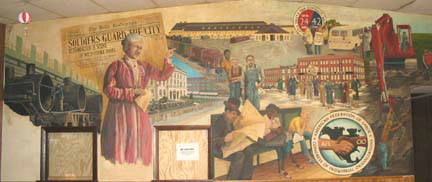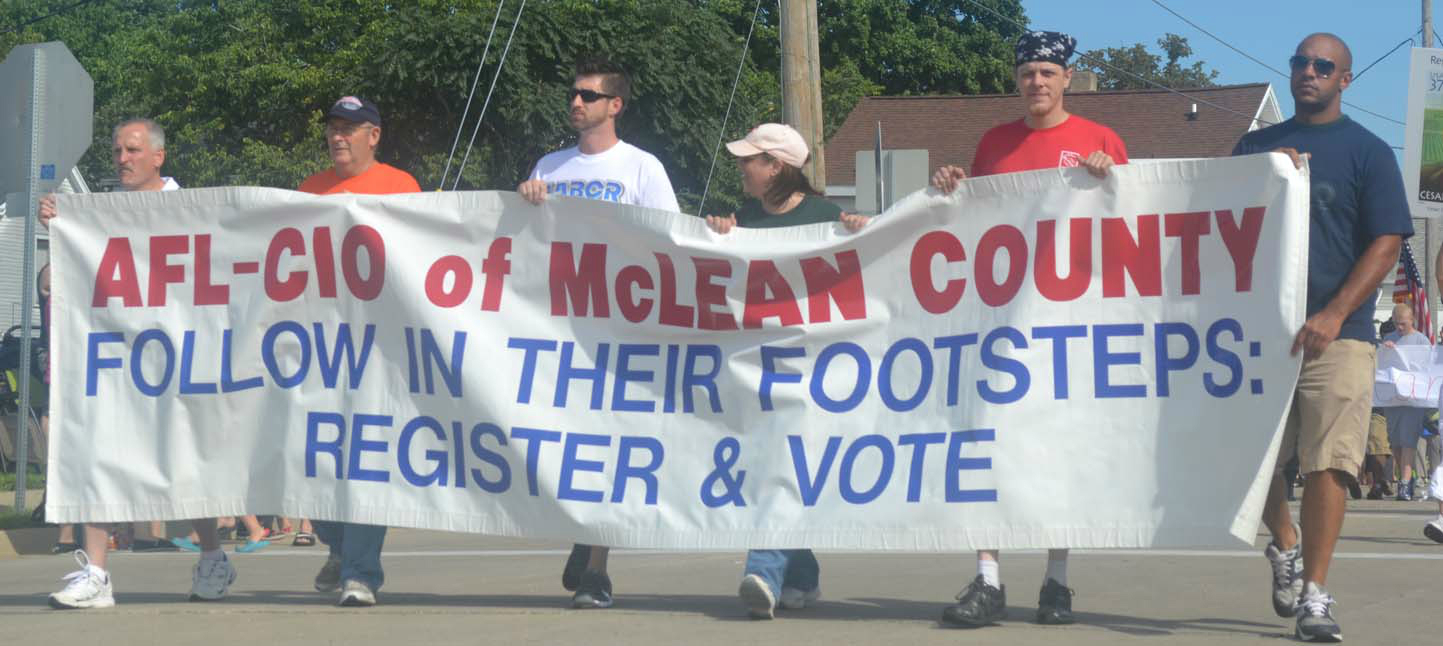|
Political chaos reigns in Chicago with Mayor Rahm Emmanuel’s announcement not to seek reelection. Race and class fissures are again apparent as potential candidates vie.
Roger Biles’ new biography of Mayor Harold Washington (1922-1987), whether intentional or not, raises the question, what if Chicago politics was on a very different course? Biles traces Washington’s rise from a machine stalwart to an independent powerhouse, detailing the late Mayor’s progressive coalition that was ultimately cut short by his ill-fated death, seven months into his second term.
After World War II service and completing his education, Washington served from 1951 – 1965 as an aide to 1930s Olympian and Third Ward alderman Ralph Metcalfe. Building up a street level organization, the Third Ward was stalwart for Mayor Richard J. Daley. In 1965 Washington went to the State House, displaying increasing independence from the Daley machine. In 1980 he was elected to the U.S. Congress and re-elected in 1982.
In 1983, Washington faced off in the Democratic primary against Mayor Jane Bryne and Richard M. Daley. Registering over 100,000 new voters, Washington stunned the city with his primary win. Normally, winning the Democratic primary is a mayoral victory in Chicago. Fearing an African-American mayor, white wards supported Republican candidate Bernard Upton. Washington won with a slim 3.7 percent margin, facing an antagonistic city council.
Biles describes, without getting bogged down in political details how, the “council wars” reigned over “Beirut on the Lake” for the next three years and stymied Washington’s initiatives. Washington attempted an inclusive strategy, emphasizing neighborhood improvement and stabilization over downtown development. Gradually, he began to crack the racial divide, and thanks to a court order challenging ward boundaries, Washington won a supportive council. In 1987, he faced off in the Democratic primary against Jane Bryne, defeating her by 7.2 percent. His council nemesis, Edward Vrdolyak then formed the “Illinois Solidarity Party” to challenge the incumbent, but despite Vrdoylak’s efforts, Washington won with an 11.8 percent margin.
With a supportive council, filled with new political faces like Luis Gutierrez, Marlene Carter and Jesus “Chuy” Garcia, Washington’s future looked bright. Despite the enormous challenges faced by the city under President Ronald Reagan’s urban austerity, Washington’s plans to further strengthen neighborhoods, reform the Chicago Housing Authority and work with Chicago Schools gave hope.
His death left an open void, with Richard M. Daley winning the next Mayoral race. Chicago today offers the rude contrast of upscale Loop development versus neighborhood shootings and forced public school closings. What if Washington’s emphasis on neighborhood development had continued? Could he have reformed the Chicago Housing Authority? Or stemmed the street-level violence of increasingly hopeless youth?
Roger Biles’ well-done book captures Washington’s rise. Without getting lost in political details, the story centers around Washington, his vision and those who supported or blocked him. One is left wondering, if Mayor Harold Washington had lived to serve his term, and if his progressive policy initiatives had taken hold, would Chicago be a much different city today, a city healed of the deeply rooted race and class divisions?
Review by Mike Matejka, Grand Prairie Union News
Mayor Harold Washington: Champion of Race & Reform in Chicago
By Roger Biles, University of Illinois Press, 2018 ISBN 978-0-252-04185-3
|



